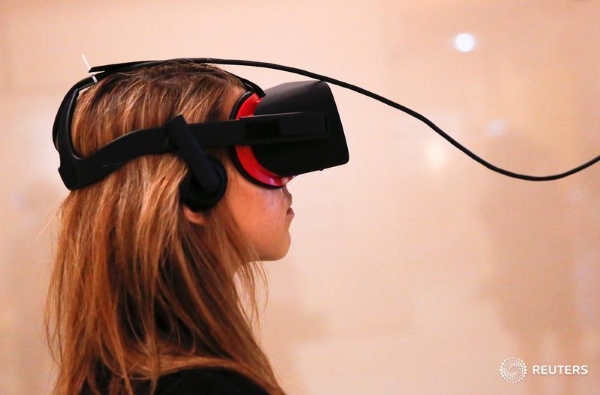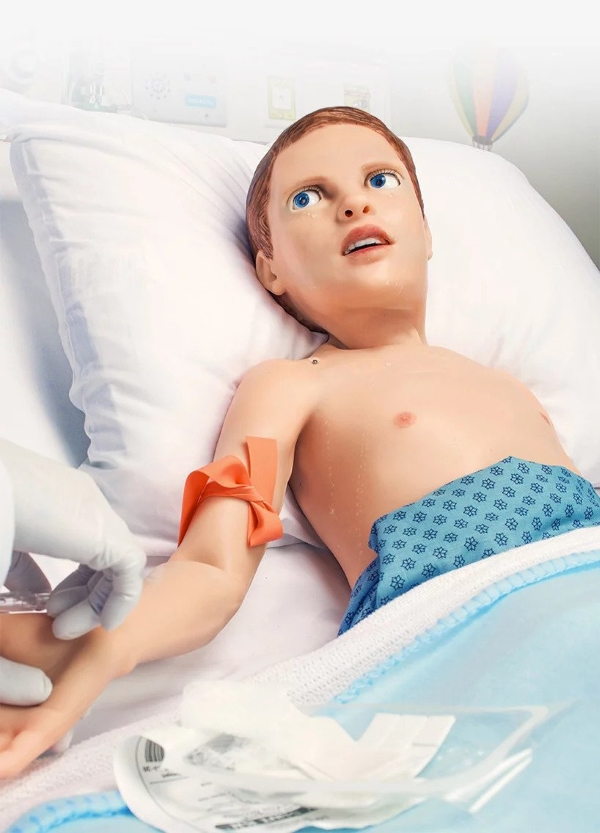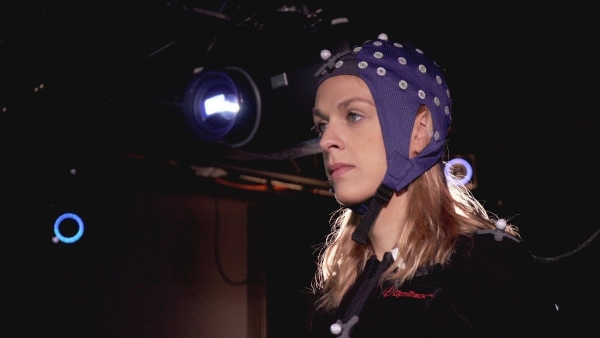Call for Papers
Envisioning Social Robotics: Current Challenges and New Interdisciplinary Methodologies
Special issue of Interaction Studies
Guest Editors: Glenda Hannibal & Astrid Weiss
Submission Deadline: November 1st, 2018
We find in social robotics many so-called “wicked problems” – problems that are extremely complex and resist complete definition and resolution. To work out these problems, it is necessary to critically discuss the underpinning logic, or line of reasoning, that motivates social robotics and to develop new interdisciplinary methods to make social robots more “socially robust”. This special issue aims to address current challenges in social robotics by bringing methodological discussions to the foreground and therefore calls for submissions focusing on new methodologies in social robotics by reflecting on, developing, and demonstrating interdisciplinary research. Researchers with various disciplinary backgrounds and professions (e.g. engineering, physiotherapy, philosophy, law, biology, art, STS, psychology, medicine, HRI, sociology, computer science, nursing, industry, education, anthropology, HCI, management etc.)… read more. “Call: Envisioning Social Robotics: Current Challenges and New Interdisciplinary Methodologies – Interaction Studies issue”




